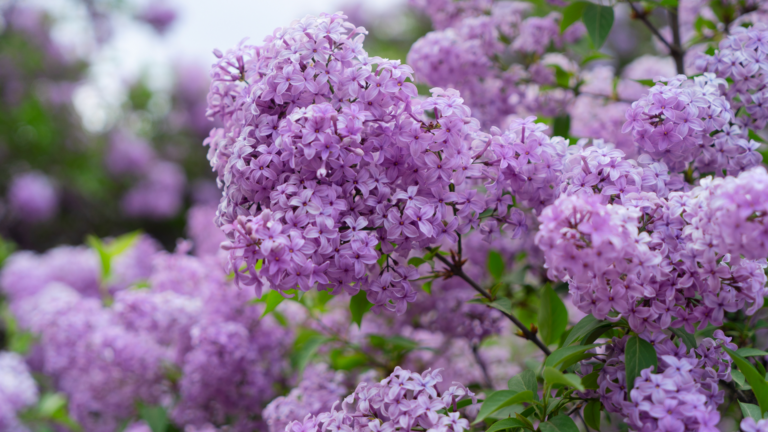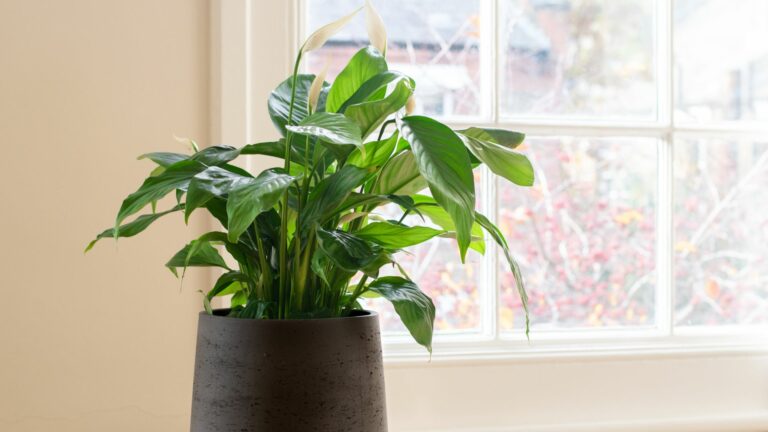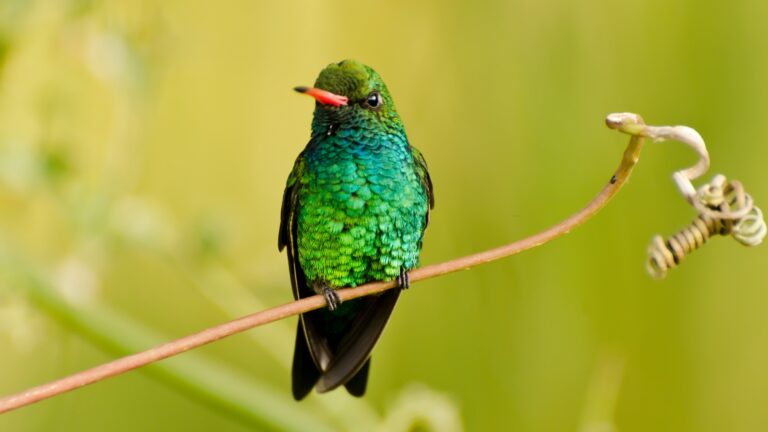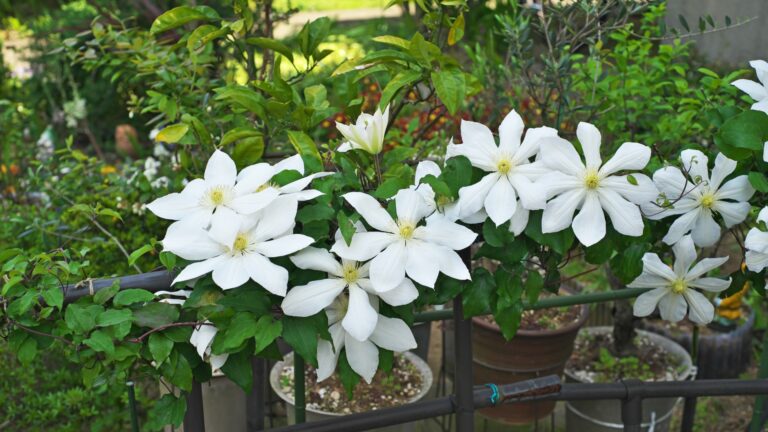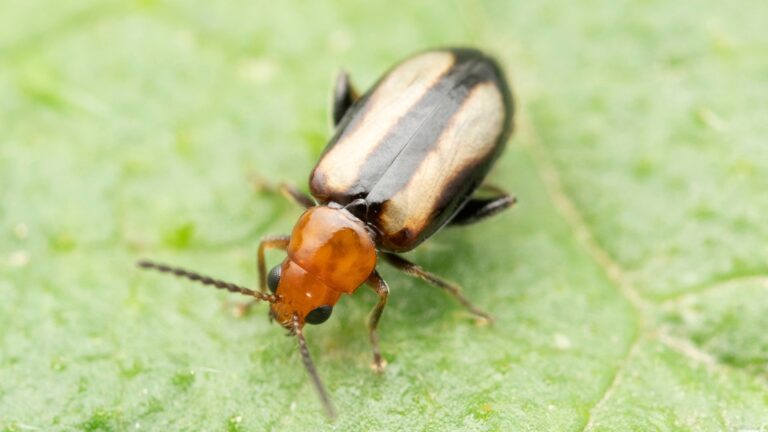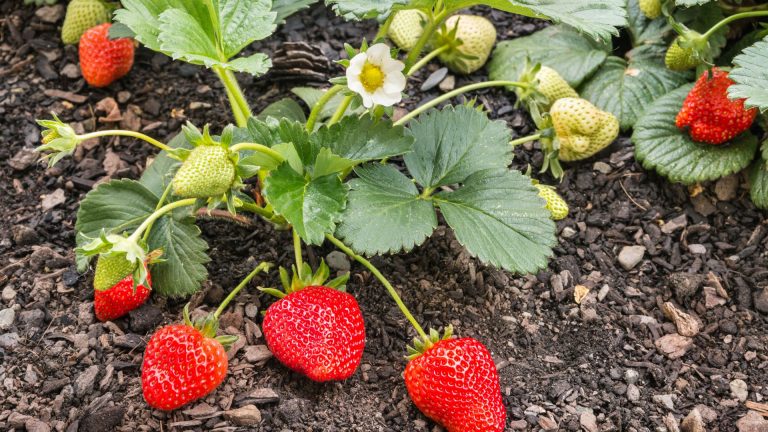20 Weirdly Smart Ways To Use Baby Powder In Your Garden
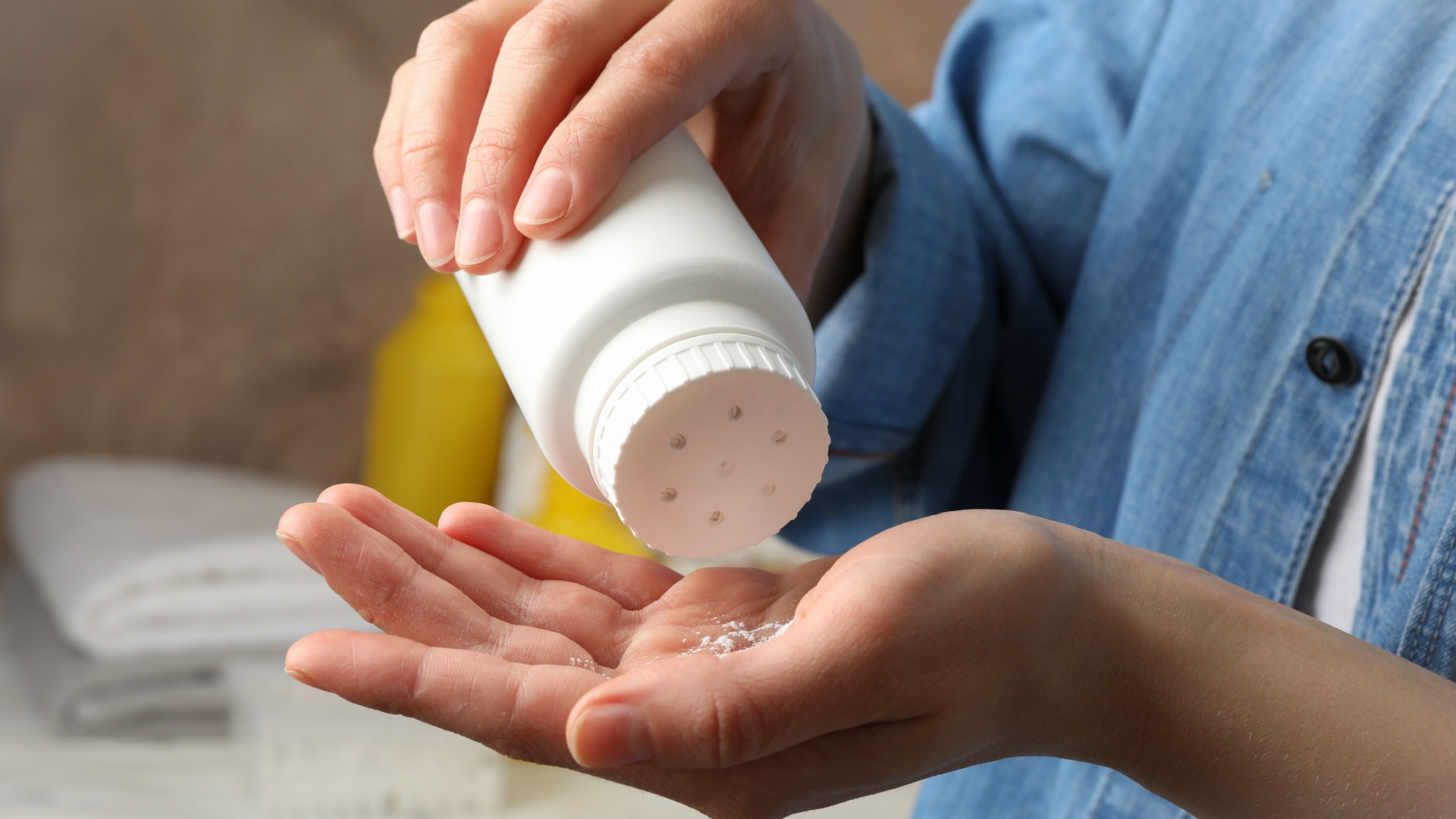
Baby powder in the garden? It might sound odd, but this humble household staple is a secret weapon for gardeners in the know. From keeping pests away to preventing bulb rot and even making gloves easier to slip on, baby powder does a lot more than freshen up diapers.
These 20 weirdly smart uses will show you how to turn a bathroom basic into a garden essential.
1. Ant Deterrent
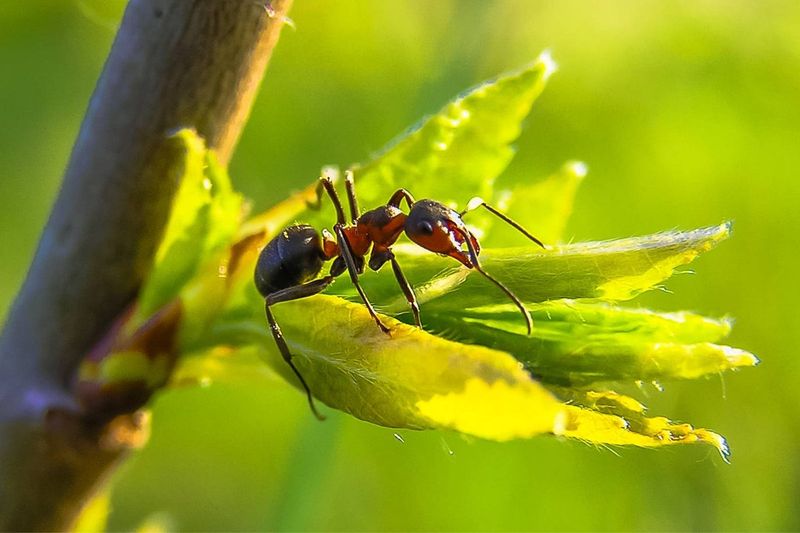
Sprinkle baby powder along garden borders or ant trails to create a barrier these persistent pests won’t cross. The fine talc particles disrupt their scent trails and irritate their bodies, making your garden less inviting.
For maximum effectiveness, reapply after rain or heavy dew. Many gardeners find this natural solution works just as well as chemical alternatives without endangering beneficial insects or contaminating edible plants.
2. Bulb Protection
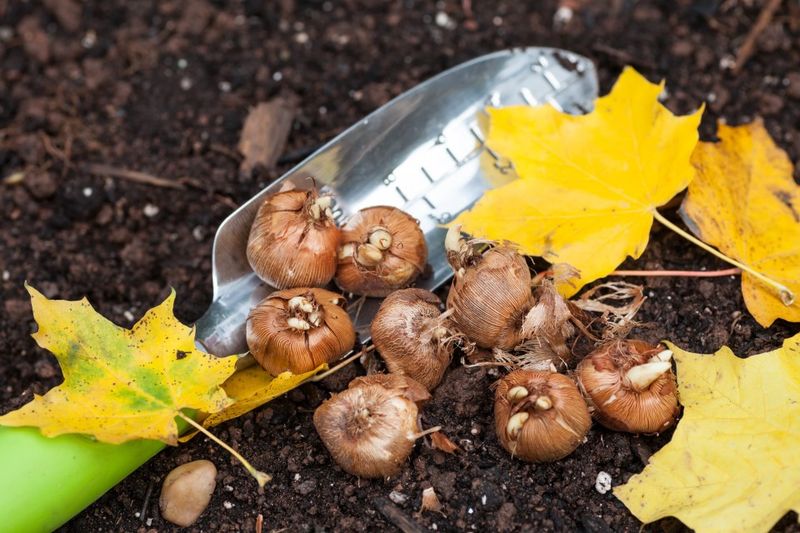
Dust freshly dug flower bulbs with a light coating of baby powder before storage. The powder prevents moisture buildup that leads to mold and rot while keeping bulbs dry until planting season returns.
Simply place bulbs in a paper bag with a tablespoon of powder and gently shake. This trick works especially well for tulips, daffodils, and other spring-flowering favorites that need proper storage between seasons.
3. Glove Comfort
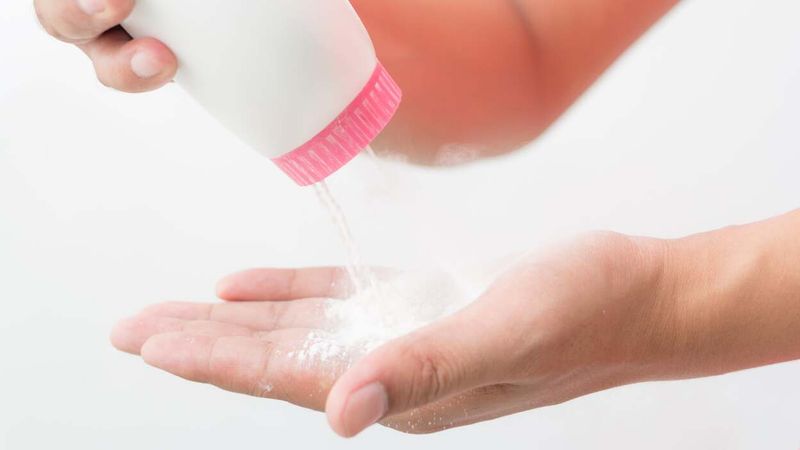
Gardening gloves get sweaty fast on hot days! Sprinkle a small amount of baby powder inside your gloves before putting them on to absorb moisture and prevent that sticky, uncomfortable feeling.
The powder also makes gloves easier to slip on and off throughout your gardening session. As a bonus, the light scent helps mask garden dirt smells that tend to linger on work gloves even after washing.
4. Aphid Fighter
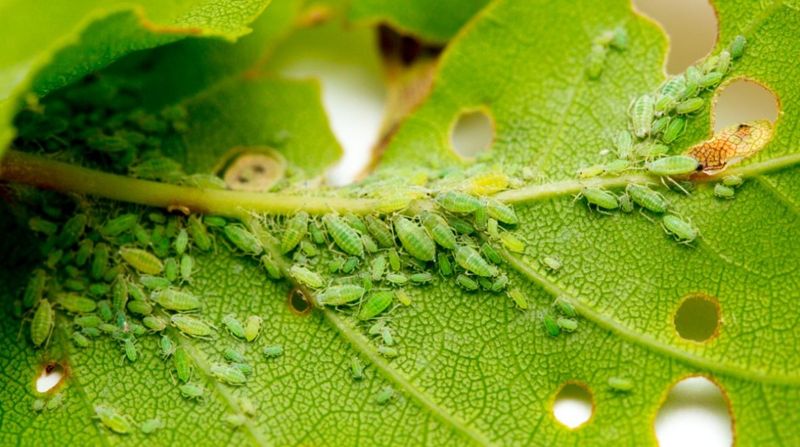
Gently dust affected plants with baby powder to combat aphid infestations naturally. The fine powder clogs the breathing pores of these tiny sap-sucking insects without harming your precious plants.
Apply early in the morning when leaves have slight dew for better adhesion. While not a permanent solution for severe infestations, this trick offers quick relief until predatory insects like ladybugs arrive to handle the problem naturally.
5. Seed Drying Aid
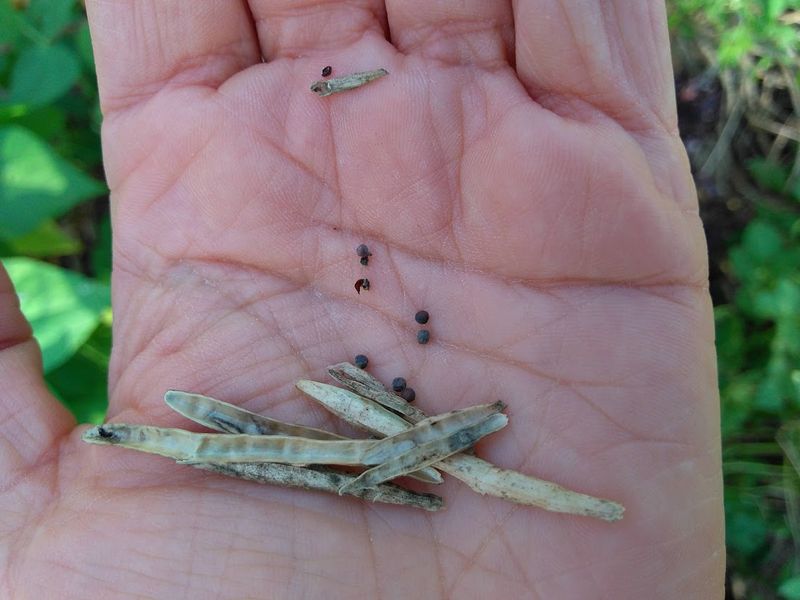
Saving seeds from your garden? Mix them with a pinch of baby powder after harvesting. The powder absorbs excess moisture that could cause premature germination or mold growth during storage.
Place the powder-coated seeds on paper towels for 24 hours, then transfer to labeled envelopes. This method works particularly well for tomato and cucumber seeds which naturally have a gel-like coating that benefits from the drying properties of talc.
6. Root Rot Prevention
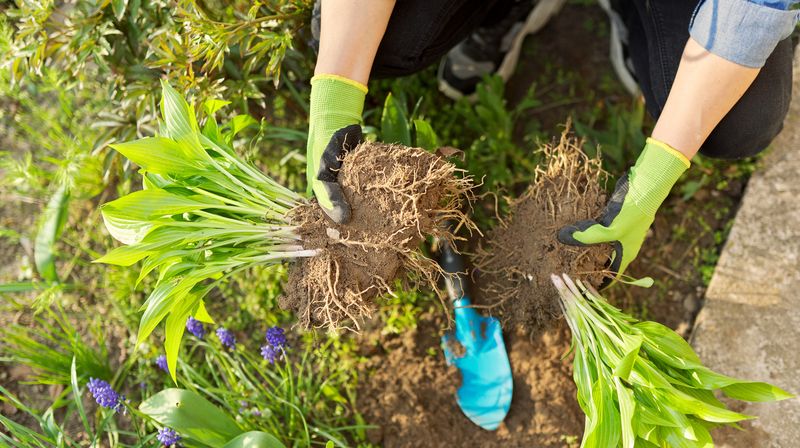
Sprinkle baby powder on plant roots when transplanting to prevent fungal issues. The powder creates a protective barrier that absorbs excess moisture while allowing healthy root development.
This technique proves especially valuable for moisture-sensitive plants like succulents and cacti. Simply dust the roots lightly before placing in fresh soil, being careful not to apply too much which could inhibit the plant’s ability to absorb nutrients.
7. Mildew Management
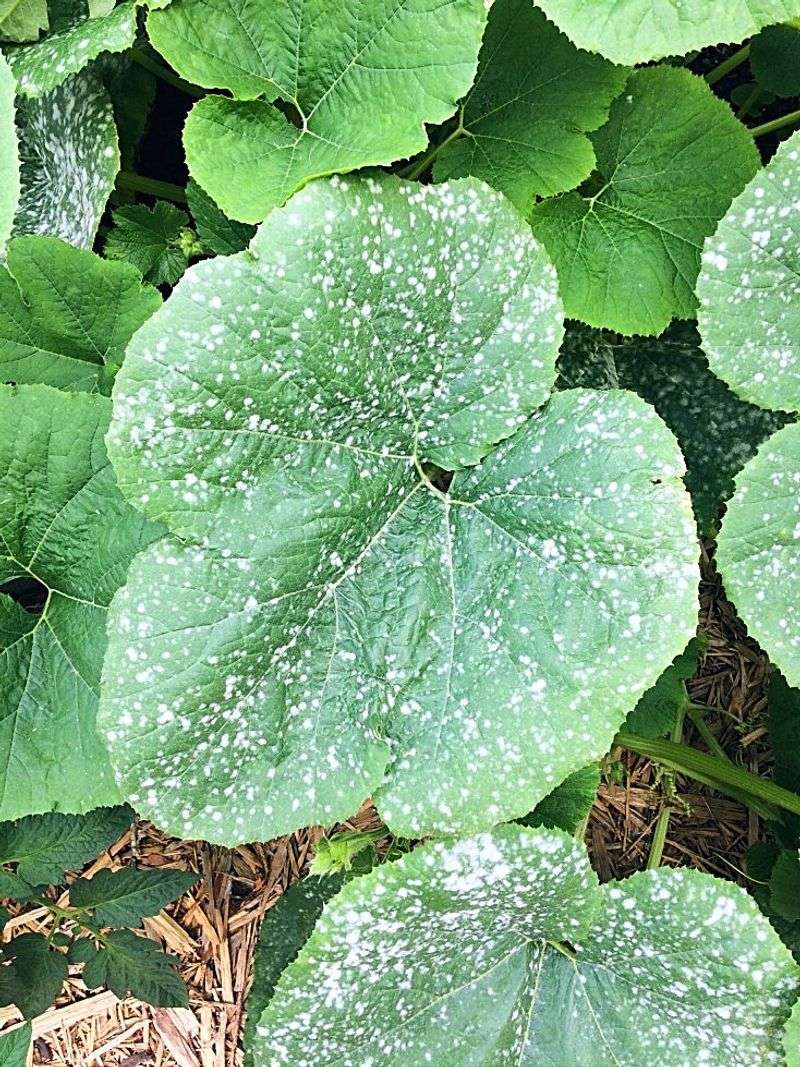
Combat powdery mildew on plants by dusting affected areas with baby powder. The talc helps dry out the fungal spores while creating an environment less favorable for their spread.
Apply during dry weather for best results, focusing on plants commonly affected like squash, cucumbers, and roses. While not a cure for severe infections, this method can help manage mild cases without resorting to harsh fungicides in your garden.
8. Harvest Helper
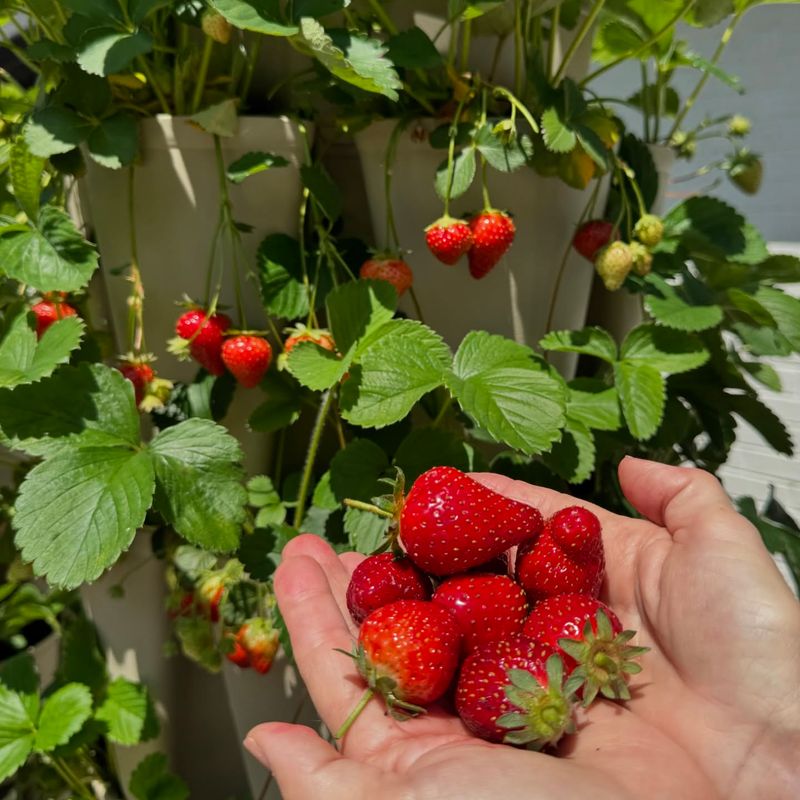
Dust your hands with baby powder before harvesting sticky fruits like figs or handling plants with sap. The powder creates a barrier that prevents plant resins from sticking to skin and makes cleanup much easier.
Gardeners who grow okra particularly appreciate this trick, as the vegetable’s tiny spines and sticky sap can cause skin irritation. Just remember to wash produce thoroughly before eating to remove any powder residue.
9. Soil pH Tester Cleaner
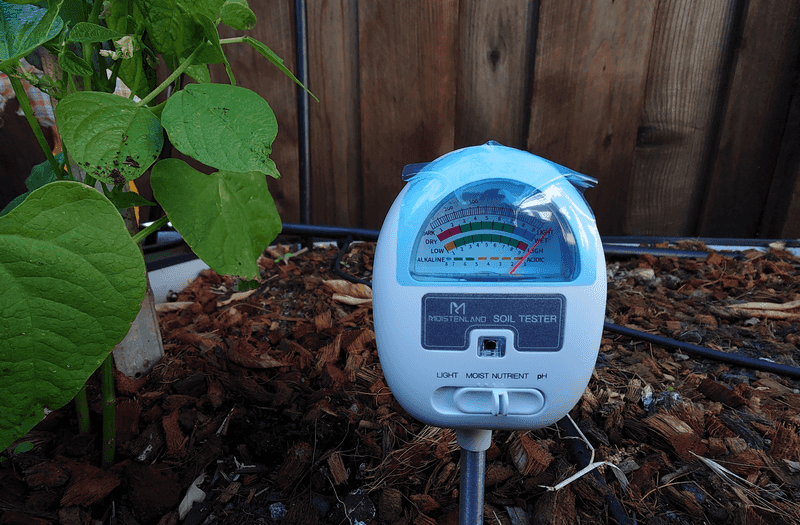
Keep your soil pH testing probes accurate by cleaning them with baby powder after each use. The fine talc absorbs moisture and removes dirt particles that could affect future readings.
Simply wipe the probe clean, then dust lightly with powder before storing. This extends the life of your testing equipment and ensures more reliable results when checking your garden soil conditions throughout the growing season.
10. Gnat Barrier
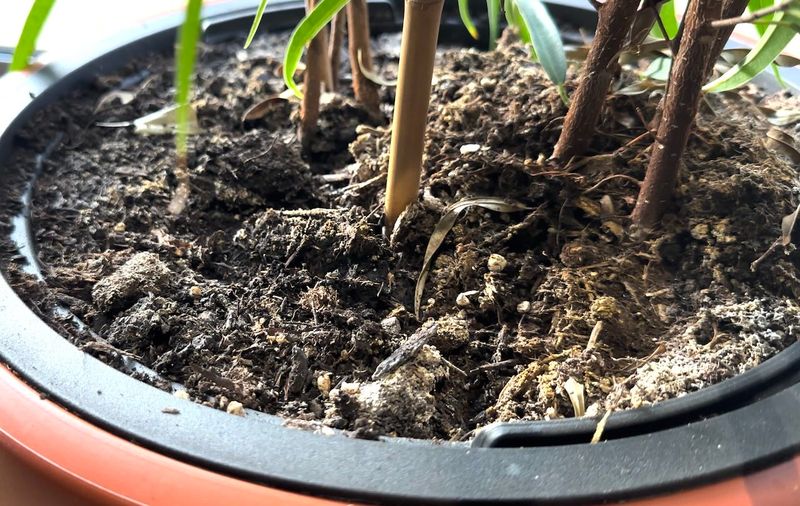
Create a protective barrier against fungus gnats by sprinkling baby powder on the soil surface of potted plants. The powder disrupts the life cycle by preventing adult gnats from laying eggs in the soil.
Apply a thin, even layer after watering once the top layer has dried slightly. Many indoor gardeners swear by this method for houseplants that tend to attract these pesky insects, especially during humid summer months.
11. Thorn Protection
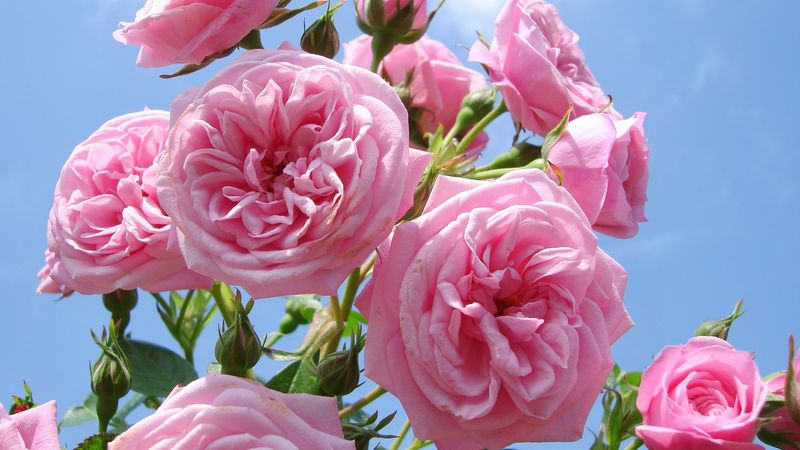
Working with roses or thorny plants? Dust your arms with baby powder first! The powder creates a slick surface that helps thorns slide off skin rather than catching and scratching.
Many rose enthusiasts use this trick when pruning or harvesting flowers. While not foolproof against the sharpest thorns, it significantly reduces minor scratches and irritation that typically come with handling prickly garden favorites.
12. Seed Coating For Spacing
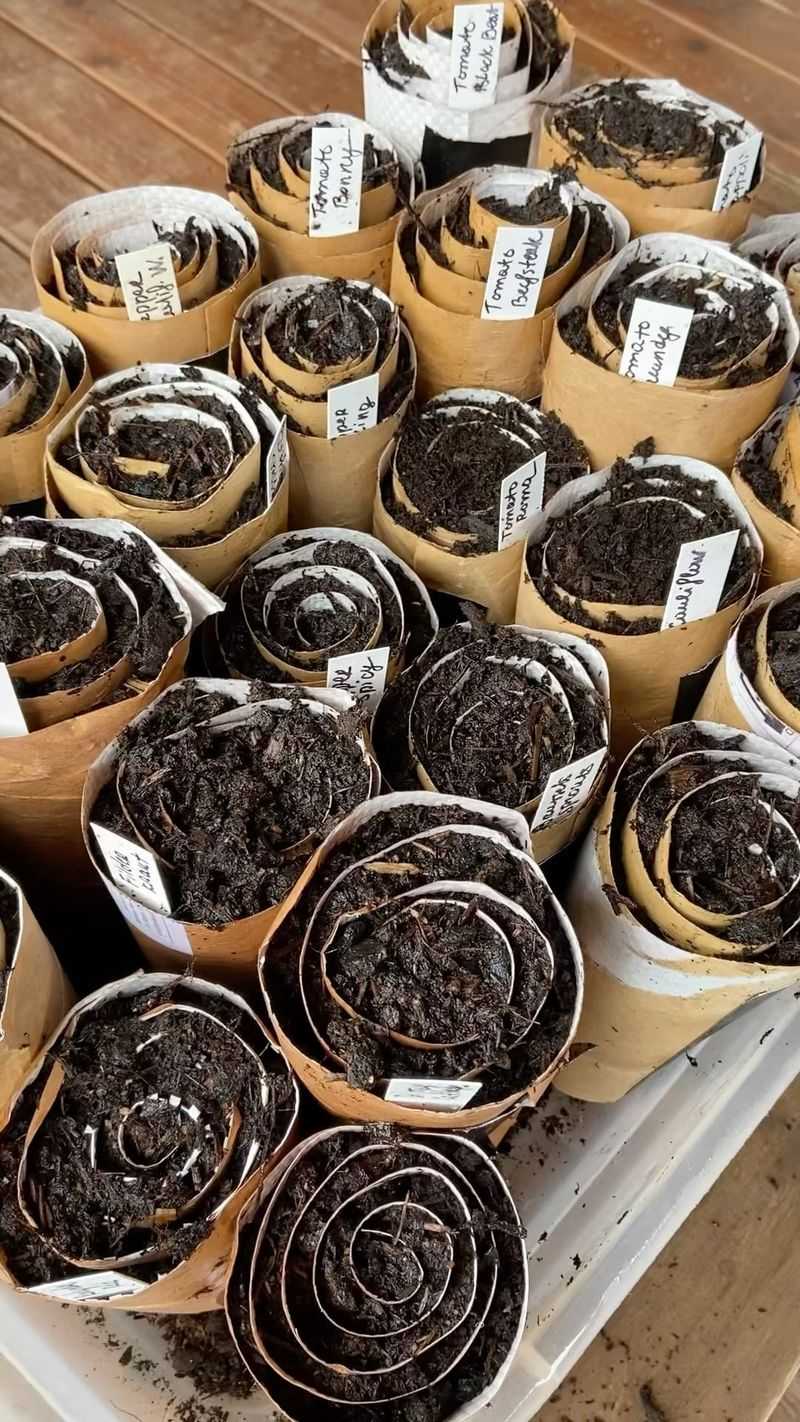
Tiny seeds like carrots and lettuce are notoriously difficult to space properly. Mix them with baby powder before sowing to make them more visible and easier to distribute evenly.
The white background helps you see exactly where each seed lands in the soil. This simple hack prevents overcrowding that leads to stunted growth and reduces the need for thinning seedlings later, saving both time and precious seeds.
13. Tool Grip Enhancer
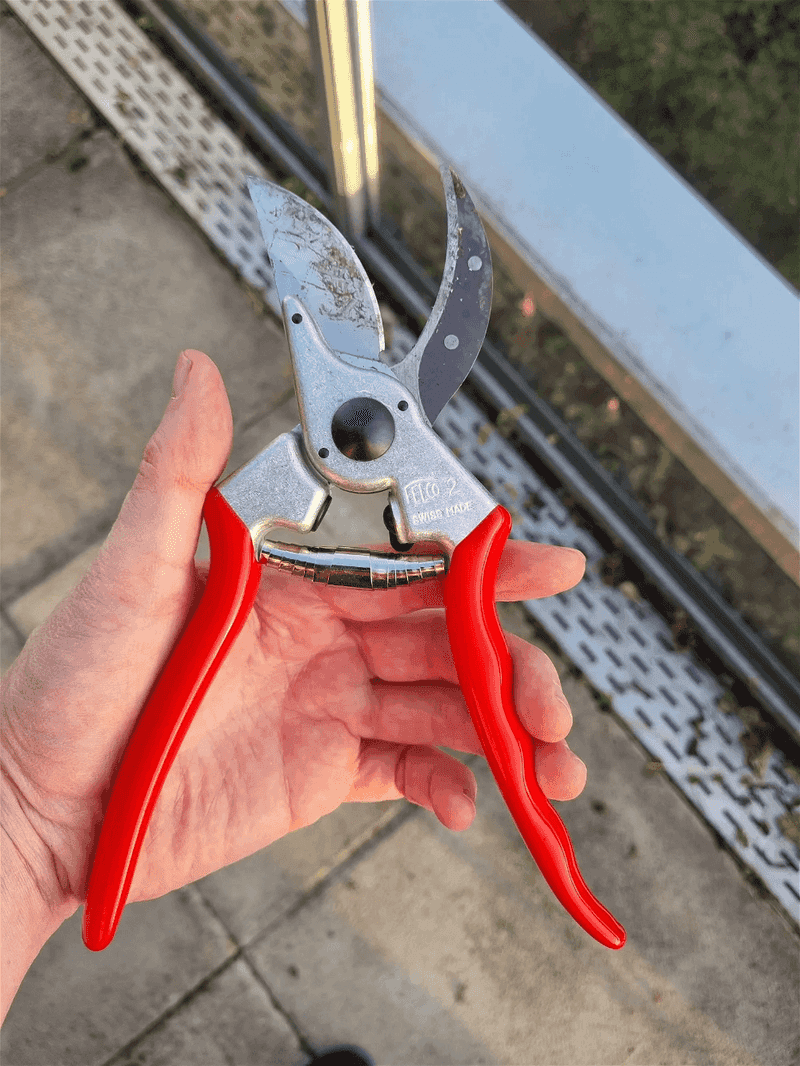
Garden tools get slippery when your hands sweat during summer work sessions. Sprinkle baby powder on tool handles to improve grip and prevent dangerous slips.
The powder absorbs moisture while creating just enough friction for secure handling. Particularly useful for pruning shears and other precision tools where a firm grip is essential for both safety and accurate cuts.
14. Slug Deterrent
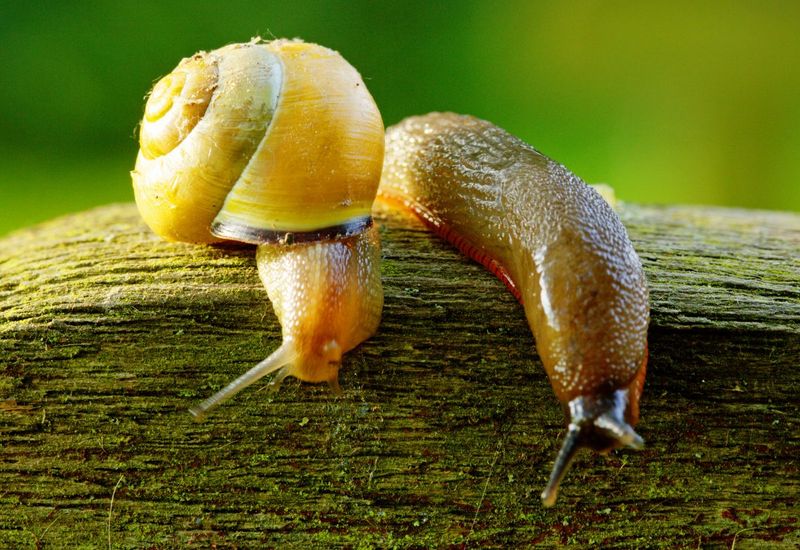
Create a protective ring of baby powder around prized plants to keep slugs and snails at bay. These garden pests dislike crawling over the dry, powdery substance which irritates their soft bodies.
Reapply after rain or heavy dew for continuous protection. Unlike salt, which can harm soil quality, baby powder provides a gentler barrier that won’t damage your garden’s ecosystem while still protecting vulnerable seedlings and tender plants.
15. Muddy Boot Cleaner
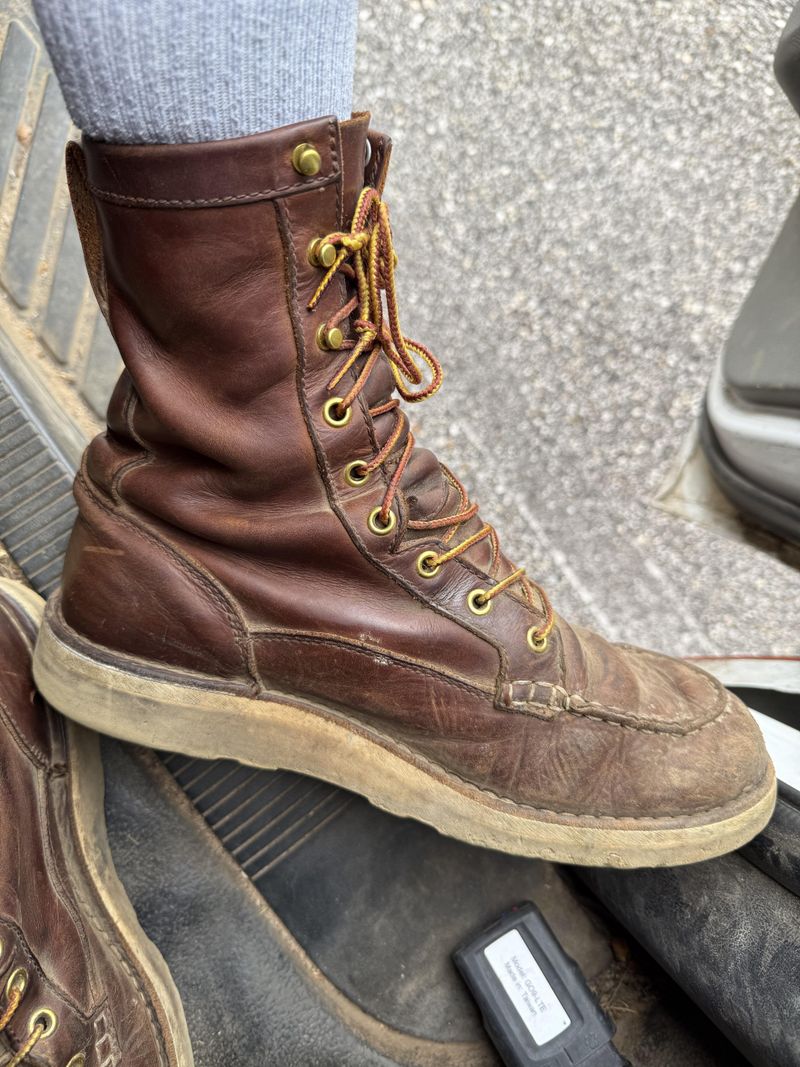
Sprinkle baby powder inside boots after gardening in muddy conditions. The powder absorbs residual moisture and prevents that unpleasant damp smell that often develops in garden footwear.
Let the powder sit overnight before shaking out excess. As a bonus, this trick helps extend the life of your boots by reducing internal humidity that can break down materials over time.
16. Woodlice Repellent
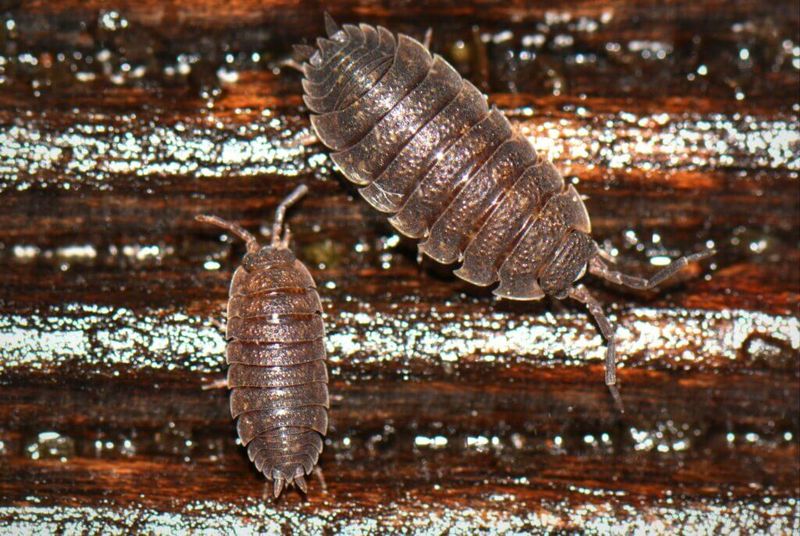
Dust areas prone to woodlice with baby powder to discourage these critters from making homes in your garden structures. The fine powder irritates their breathing apparatus and creates an unwelcoming environment.
Focus application around wooden raised beds, compost bins, and garden storage areas. While harmless to plants, woodlice can damage wooden garden features over time, making this preventative measure worth the effort.
17. Sticky Sap Remover
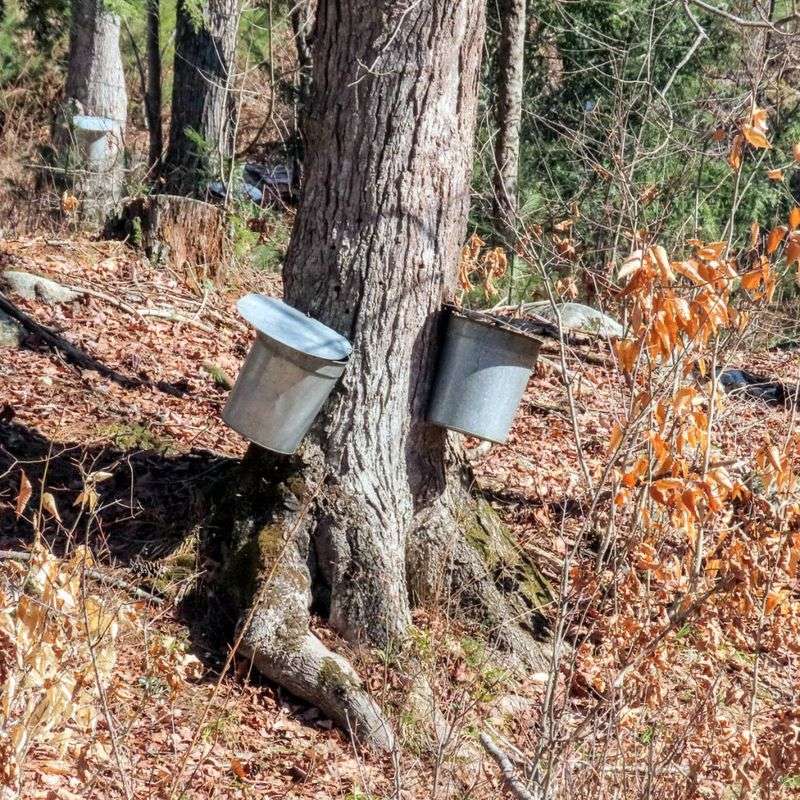
Got tree sap on your hands after pruning? Rub baby powder directly onto the sticky areas before washing. The powder helps break down the resin and makes it much easier to remove with regular soap.
This works particularly well after handling pine trees, fruit trees, or other sap-producing plants. Keep a small container in your garden shed specifically for this purpose during heavy pruning seasons.
18. Wet Plant Identifier
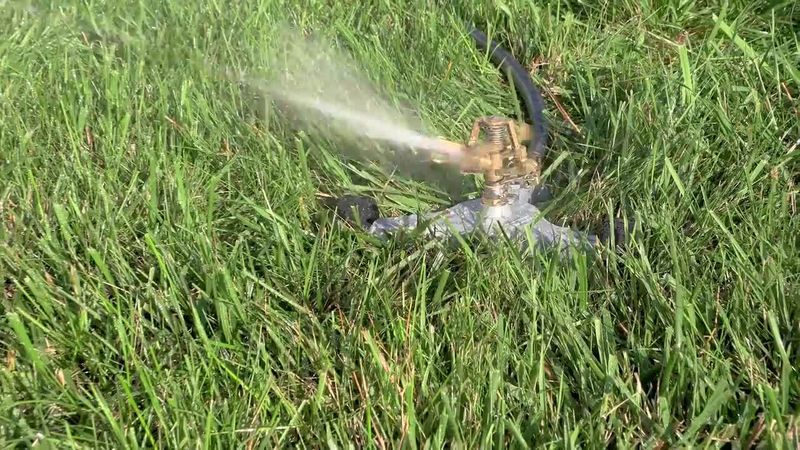
Lightly dust baby powder over your garden after watering to identify dry spots. Areas where powder remains white aren’t getting proper water coverage, while areas where it disappears are receiving adequate moisture.
This visual technique helps pinpoint irrigation system problems or soil drainage issues. Professional landscapers use similar methods with more expensive products, but baby powder offers a budget-friendly alternative for home gardeners.
19. Earwig Trap Enhancer
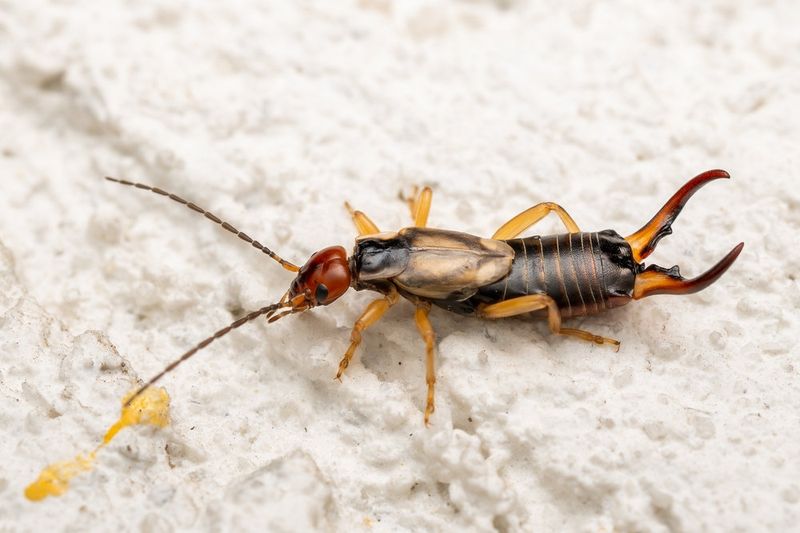
Sprinkle baby powder around homemade earwig traps to make them more effective. The slippery powder prevents these garden pests from escaping once they’ve entered the trap seeking shelter.
Simply dust the powder around the rim of containers filled with vegetable oil or soy sauce. Earwigs are primarily active at night, so set traps in the evening near plants showing damage for best results.
20. Seed Starting Boost
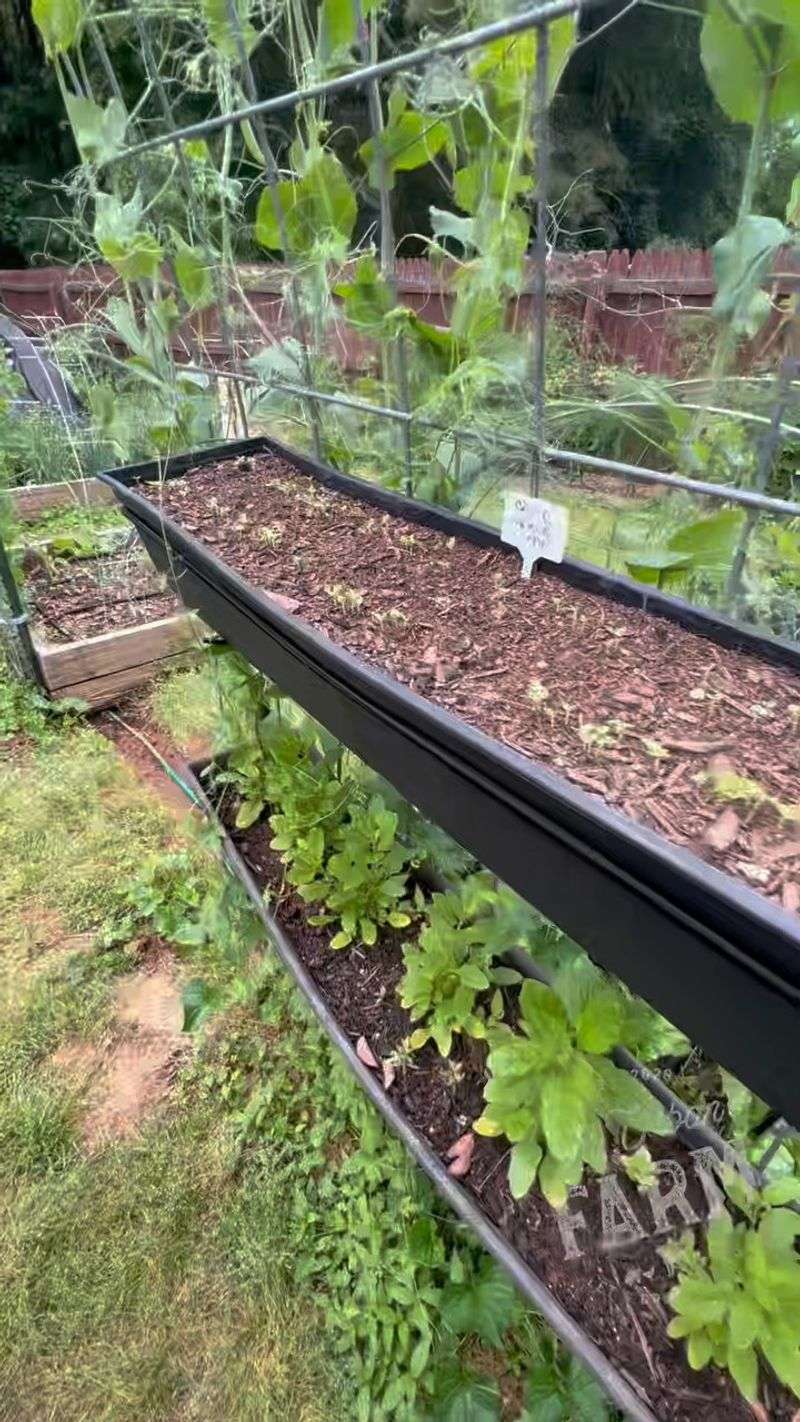
Dust seeds lightly with baby powder just before planting to protect against fungal diseases that cause damping-off. The powder creates a protective barrier while still allowing necessary moisture for germination.
This technique works especially well for seeds that take longer to germinate and might otherwise rot in damp soil. Many heritage seed savers use this method to improve germination rates of valuable or difficult-to-source varieties.

